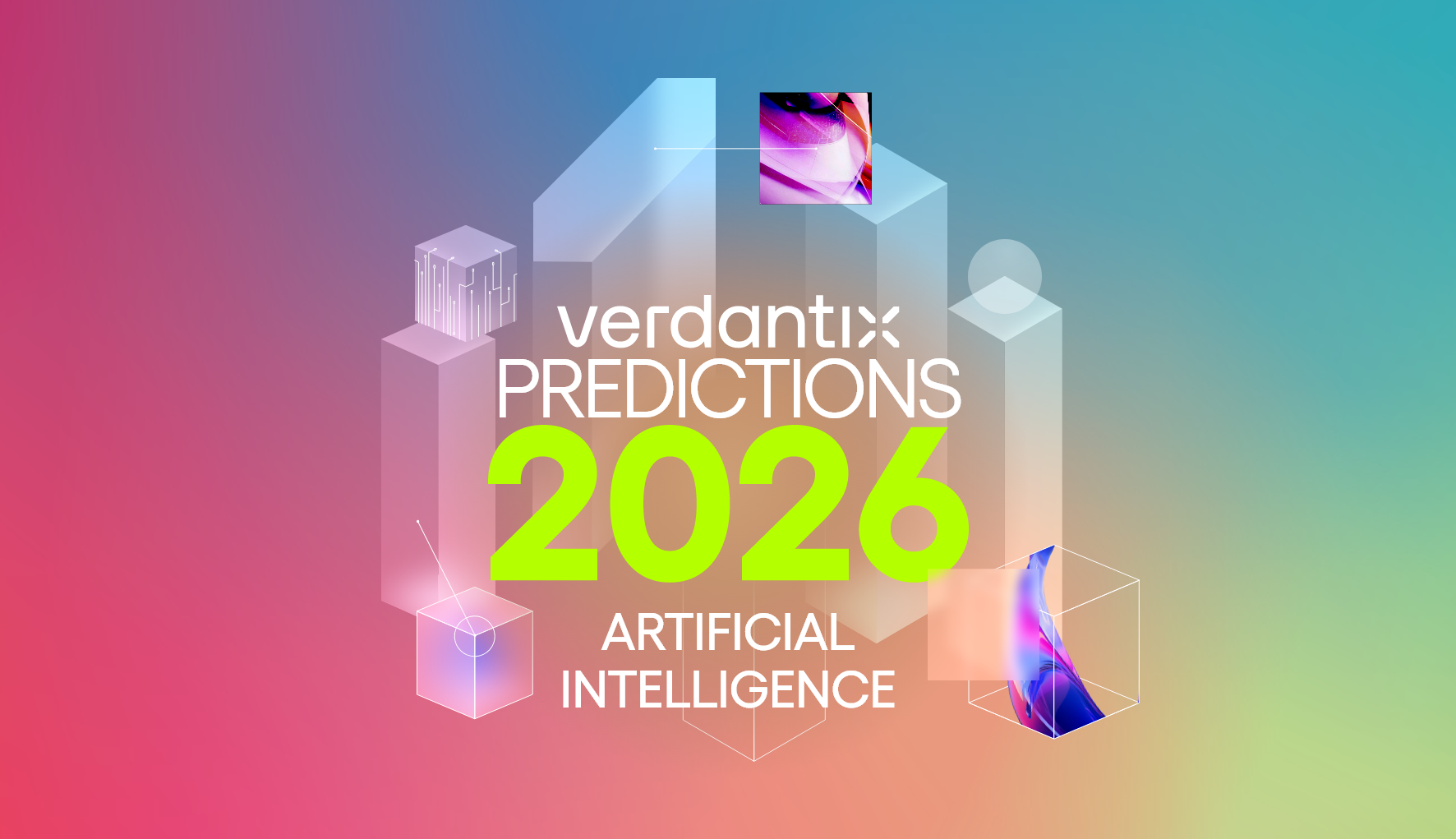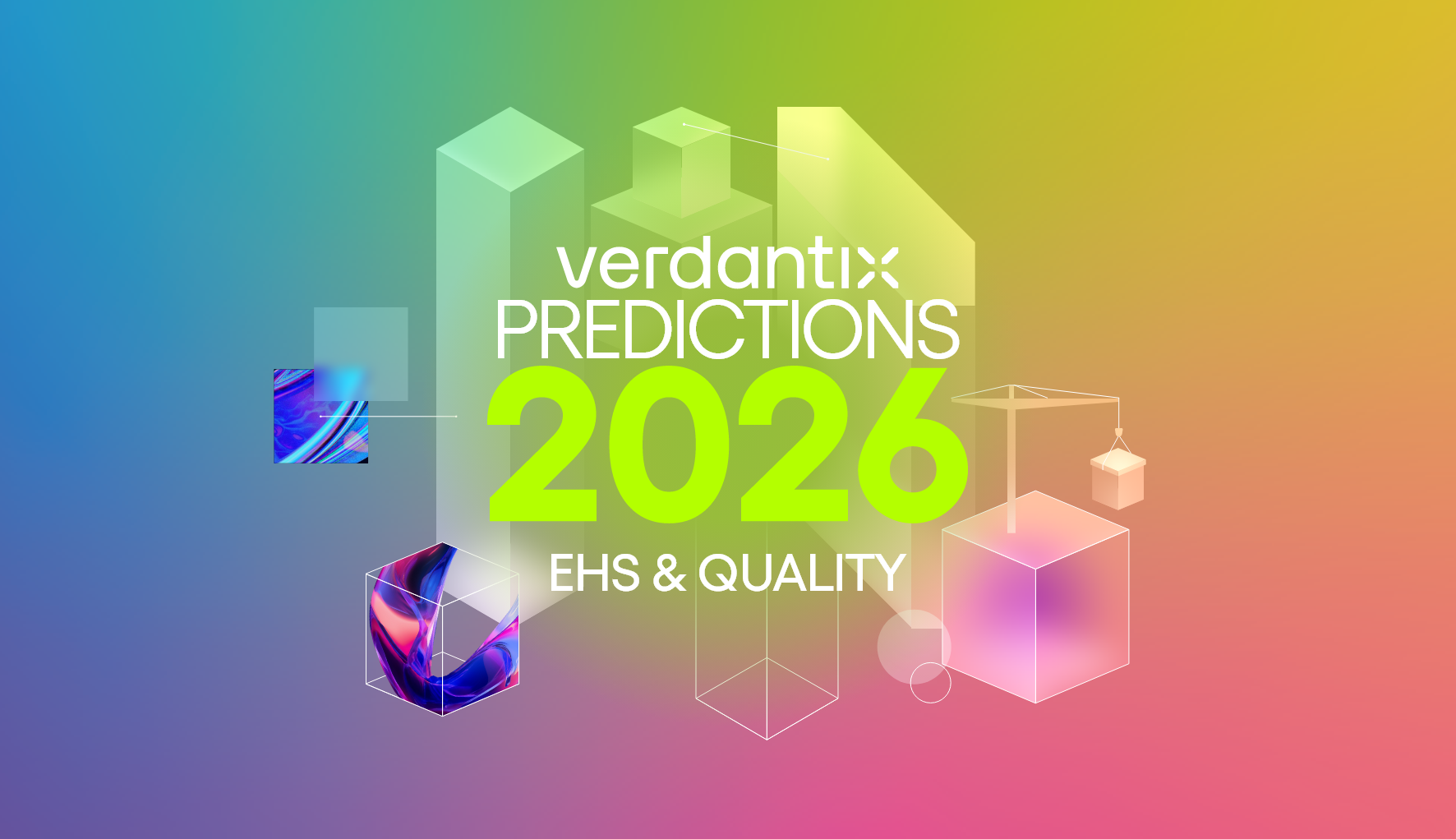Building GenAI Foundations For ESG Workflows
Artificial intelligence (AI) has undoubtedly taken the corporate world by storm. While the concept of AI has been around for 70 years, generative AI (GenAI), which uses machine learning techniques to create new outputs, has democratized the use of AI across a range of business functions. ESG is no exception: our global corporate survey of 400 ESG and sustainability leaders found that 76% of firms plan to use AI in the next two years to positively improve ESG and sustainability reporting and performance.
GenAI is expanding across a range of ESG reporting workflows
First mover advantage is key. ESG and sustainability software vendors are seizing this growing opportunity by developing and launching new GenAI functionality. MESA Group, an Italian-headquartered sustainability technology vendor, is one such example. The firm is a partner of Microsoft Italy’s AI L.A.B initiative and leverages Microsoft Azure OpenAI and ChatGPT to provide sustainability and finance teams with embedded GenAI tools to streamline ESG workflows and automate time-consuming tasks.
MESA COPILOT can optimize reporting workflows for sustainability and compliance teams through its functionality to automatically produce disclosures according to global reporting standards and ratings agencies. With CSRD compliance mandates around the corner, users can upload firm policies, using MESA COPILOT to query policies and produce qualitative aspects of CSRD reports.
Elsewhere, C3.ai has embedded GenAI into its ESG workflows, allowing users to summarize materiality assessments and engage with suppliers using automatically generated recommendations. Belgium-headquartered software vendor Greenomy’s Artemis helps firms to digest legal text, generate CSRD responses and identify industry best practices based on data pulled from over 1,000 sustainability reports.
Key considerations for GenAI deployment
With strong business interest and vendors releasing innovative functionality, the business case for GenAI is vast, but the limitations cannot be overlooked. Firms aiming to integrate generative AI into their ESG workflows need to establish best practices to mitigate potential risks.
Generative AI models require high-quality data to ensure accurate and reliable outputs. With our global corporate survey revealing that 38% of firms do not feel confident in their ability to deliver investor-grade ESG data, missing or erroneous data can impact model performance and lead to misguided decision-making. Before seeking GenAI functionality, organizations must first make sure they have established and fine-tuned an enterprise-wide ESG information architecture to act as a strong foundation (see Strategic Focus: Delivering Investor-Grade ESG Data). This entails working closely with IT teams to establish data integrity standards, centralizing ESG-related data from across the organization, and determining standards for how data are collected and calculated. GenAI is the cherry on top of the cake, not the cake itself.
About The Author

Luke Gowland
Senior Analyst




